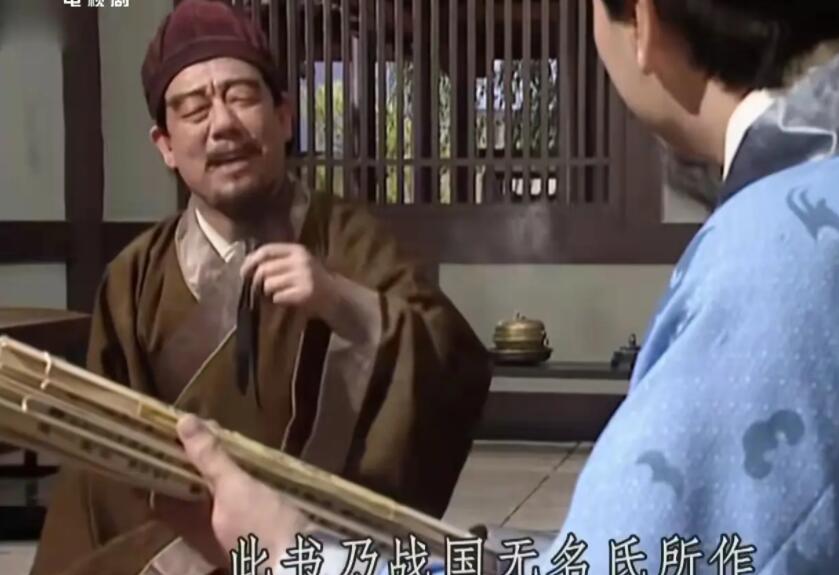Friends who have watched the CCTV version of "Romance of the Three Kingdoms" and "Zhang Song's Dedication" know that Zhang Song in the play showed Yang Xiu a very powerful "never forget", which made Yang Xiu, who was arrogant and proud, greatly admire. The first talent in history to be recorded to have "never forgotten" was Zhi Jian's younger brother Zhi Rong (hearing and hearing about it, educating, never forgetting), and many legends and stories of great talents in later generations also have "never forgotten".

However, if you think about it, "never forget" is indeed very powerful, but it does not seem to be a particularly useful talent. After all, only to know its essence and flexibly use the knowledge written down is the real knowledge, the significance of human flesh storage is not great, modern medicine even regards a kind of "never forget" as a disease. So why was "never forgetting" regarded as one of the criteria for judging great talents in ancient times?
In most of the historical records and legends about "never forget", the talent who uses "never forget" will generally recite or silently write out what he has memorized. After all, if you don't recite or write silently, who knows that you have the ability to "never forget"? What is less well known is that Caizi showed his greater talent when he recited or silently wrote things that he never forgot.
Chinese modern punctuation appeared in the late Qing Dynasty and was not officially implemented throughout the country until the Beiyang period of the Republic of China. Before that, China did not have uniform punctuation marks, and the sentences of articles were basically determined by the format or the original author. Because of this, after a new article or book comes out, only the original author knows how to break sentences, which is why many literati in ancient times wanted to recite works.
Those who "never forget" can recite or silently write other people's works without consulting the original author, and they can still be no different from the original author's ideas. This means that the "unforgettable" talent has super information processing ability, can understand the meaning of the work in the shortest possible time and accurately break sentences. Because of this, "never forget" was regarded as the criterion for judging talents in ancient times.